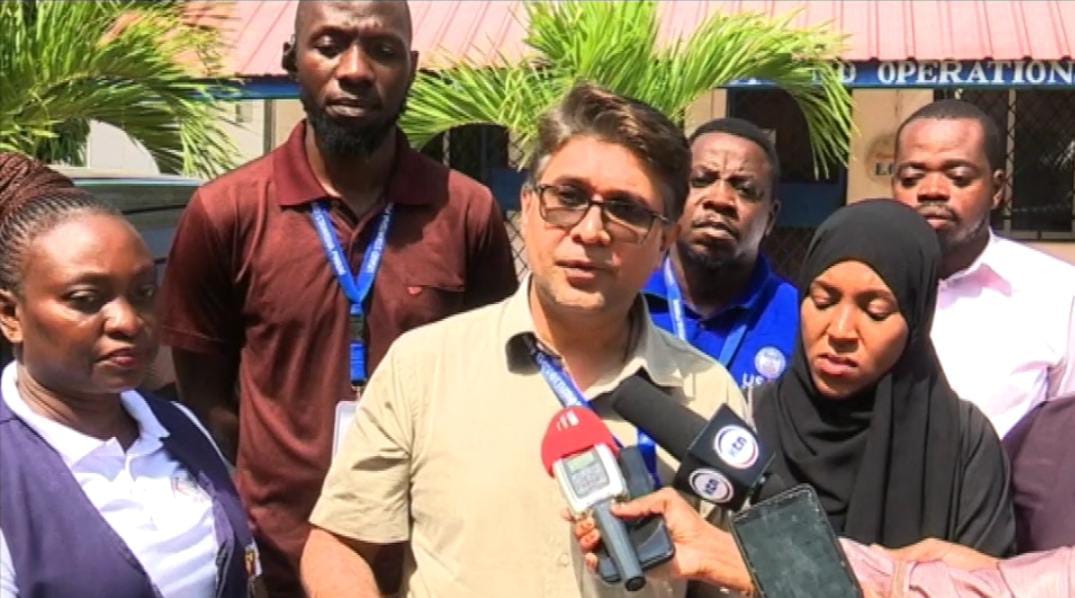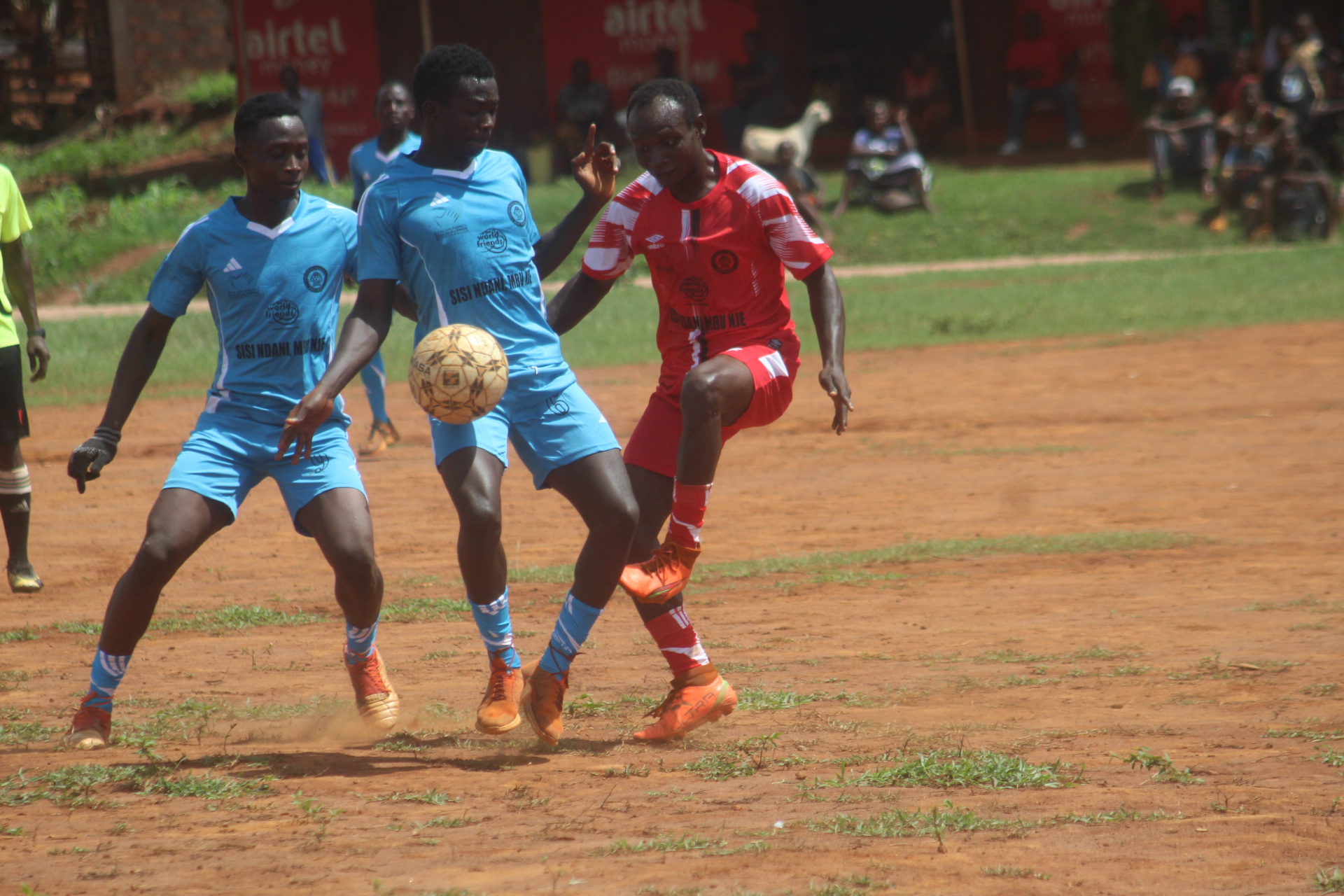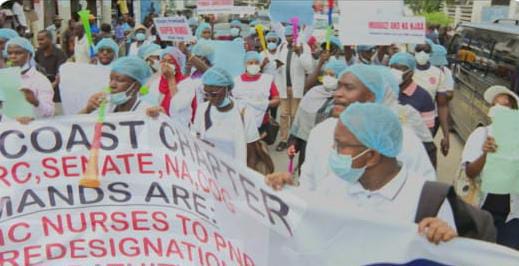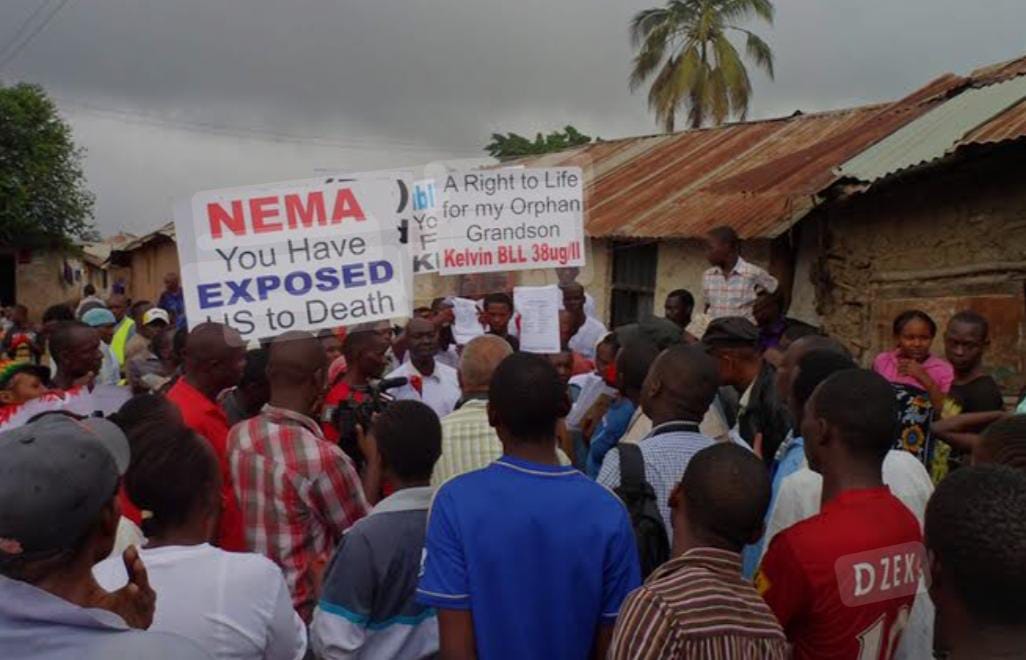Picture of two wedding rings.
It is a quiet, hot afternoon in Kiwandani village, Kilifi County, Kenya. Inside a simple house made of mud and sticks, sixteen-year-old Mary (not her real name) sits on a low stool, her baby sleeping in her arms. She gazes out of the window, lost in thoughts. Not long ago, she dreamed of becoming a nurse, working in a clean hospital, wearing a bright white uniform. Today, her world is very different.
Mary belongs to a growing group of girls in Kenya who are forced into adulthood too soon. After falling pregnant, she left school and was quickly married off. She barely had time to process what was happening. In one moment, she was a child with dreams, the next, she was a wife and young mother.
“I am 16 years old. I left school because I got pregnant in class 7. Now I am just at home, I have nothing to do,” she says softly.
“I wanted to be a nurse, get a salary at the end of the month and help my family, but now this has happened. All my plans are ruined, so I don’t have anything to do,” Mary says, looking at her sleeping baby.
Mary is the fourth born among seven siblings. Her parents struggled to provide school fees for them. When COVID-19 shut down schools, she found herself stuck at home.
“I was at home, I was not going to school. If I was going to school, I am sure I would not have gotten pregnant,” she confides.
What hurts Mary the most is that while she was forced to drop out and marry, the boy who got her pregnant continued his education. “He’s still in school,” she whispers.
Poverty and the Pandemic:
Mary’s story is not unique. According to UNICEF, Child marriage is rapidly increasing in the Horn of Africa, driven by poverty, COVID-19 and drought.
With COVID-19, life became even harder. Parents lost jobs. Food became scarce. Many girls became what some call the “sacrifice” for the family’s needs.
These sentiments were echoed by Halima Mohammed, director of the Coast Education Center in Mombasa, Kenya, who noted that during the Covid-19 pandemic, it was very difficult for families to meet their basic needs.
“For example, during COVID-19 pandemic, it was very hard for parents to provide food for their families at home. A girl is being told to go out and look for food. Where do you expect the girl to get the food from? This girl will go out and sell her body so that the man gives her some money to bring home for the family to have something to eat,” Halima says.
She said with such desperation, parents see their daughters not just as children but as hope for a meal, or for money, a dowry if they marry early. She explained that during the pandemic, some girls were even arranging marriages with boys they met through social media platforms.
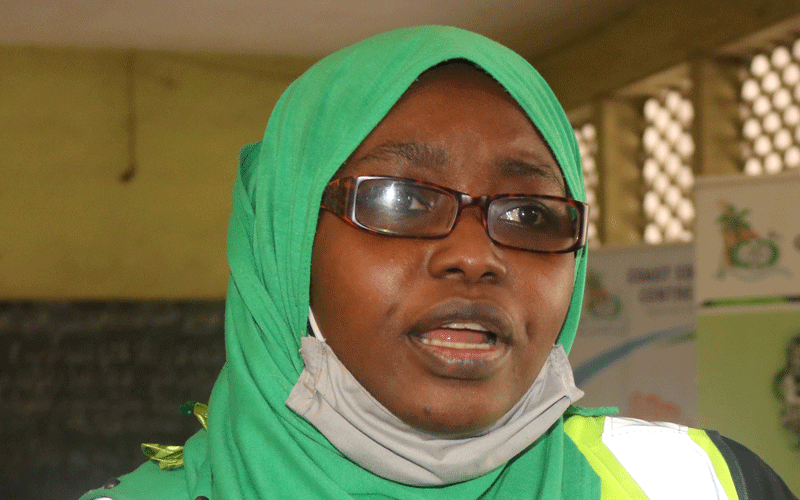
This is why Halima and her organization started programs to help girls avoid early pregnancy and marriage, especially along Kenya’s coast. They brought girls together to educate and mentor them about the dangers of early marriage and how to protect themselves during the pandemic.
The program also involved human rights activists, who helped raise awareness in the community about the positive use of technology especially for children.
“The danger comes not only from poverty but also from modern technology. Since COVID-19 forced so many activities online, including classes, many girls spent long hours on the internet,
“For a man to pursue a girl, there are many ways he can do it. With technology now so accessible, girls are spending more time online, and what concerns us is that they may be talking to men,” Halima warns.
Halima recounted how, during the Covid-19 pandemic, a girl connected with a man online and the two arranged to get married.
“A girl met a man on Facebook. They “dated” online for six months and, shockingly, the man sent a Kshs 250,000 dowry to her mother, even though the two had never seen each other in real life,
“But since her auntie had been attending our program, she told us about the story. We encouraged her to video call the boy instead of just chatting and sending photos every day. The boy refused,” Halima says.
“The girl and her mother got angry and blamed the auntie for causing her marriage not to happen. But as for me, I thank God that the girl was not married because maybe today we would be crying over a painful story.”
Rising Numbers and Hope for a Solution
Child marriage is a violation of human rights. Every child has the right to be protected from this harmful practice, which has devastating consequences for individuals and for society. According to UNICEF, an estimated 650 million girls and women alive today were married before their 18th birthdays. Over 50 million of them reside in Eastern and Southern Africa.
Kenya, having 4.2 million girls and women who were married before they turned 18.
Early marriage remains a significant challenge in Kenya, especially for girls from marginalized and rural communities. National laws set 18 as the minimum legal age for marriage, yet economic hardship, cultural traditions, and crises such as drought and the COVID-19 pandemic continue to drive the practice.
Kenya has made a promise to end early marriages by 2030. But the challenge remains huge, made even harder by the economic fallout from COVID-19.
During the COVID-19 pandemic, leaders from the Coast region convened a crisis meeting at the Uhuru na Kazi building to address rising cases of teenage pregnancies. The meeting, chaired by then Coast Regional Commissioner John Elungata, brought together government officials, religious leaders, and civil society representatives who called for urgent measures to tackle the problem.
Statistics revealed that over 4,000 teenage pregnancies were recorded in coastal counties between January and May of that year, with Kilifi leading at 3,376 cases and Mombasa following with 941 cases.
Mr. Elungata noted that reports showed girls aged 10 to 19 became pregnant starting in March, after schools were closed as part of the COVID-19 pandemic response.
The Power of Mentorship and Community Support
To fight this problem, Halima Mohammed, the director of the Coast Education Center in Mombasa said they normally link the girls with mentors who support them for at least six months.
“We connect girls with mentors to help them improve their current lives, both socially and educationally over a period of six months. Afterward, they are introduced to opportunities in the private sector, where they can further benefit and enhance their lives. We began this initiative in Mombasa County with 130 girls, and we plan to expand to Lamu and Lunga Lunga to raise awareness and support even more,” Halima said.
These mentors encourage girls to talk, share, and learn together in safe spaces. This support is life-changing.
Sanaah Hussein, is one of the beneficiaries of the program offered by Coast Education Center.
“Some parents are not responsible with their children and don’t pay attention when they come or go. But I thank God that I have benefited from the program,” she said.
On her part, Madina Mohammed who was once lonely and withdrawn said the program helped her open up to her peers and exchange useful ideas.
“I have been lonely and at some point I think I was stressed and wanted to get married, but the program has helped me a lot. It helped me meet my fellow girls, share ideas and open up. Before, I was just by myself, I was not used to talking in public like this,” she said.
On her part, Fathime Hassan said the program has not only helped her learn new things but has also inspired her to become an ambassador and share the knowledge with her peers. She had one resounding call.
“The government should stop early marriages through the local chiefs. Every chief should make sure that parents who marry off their girls at an early age are taken to court. The parents must be sensitized and know that early marriage is not good because the girls have not yet matured enough. They don’t know the responsibilities in marriage life,” she concluded.
According to a recent UNESCO report, COVID-19 school closures affected learners in more than 190 countries across the globe. Although most schools have now reopened, UNESCO estimates that around 24 million children and young people including over 11 million girls and young women remain at risk of dropping out of school as a result of the pandemic’s disruptions.
With the world’s children facing unprecedented challenges in education, Mrs. Halima emphasizes that families must step up and take active responsibility for their daughters.
“It is true that we have problems in our families, but if your child is going out to study, as a parent you must know where she is going and what she will be doing there.
“You should also know the parents at that place. It is not that you are being overprotective, but you want her to understand where you are coming from as a parent and the concern you have for her and her future,” she concluded.


